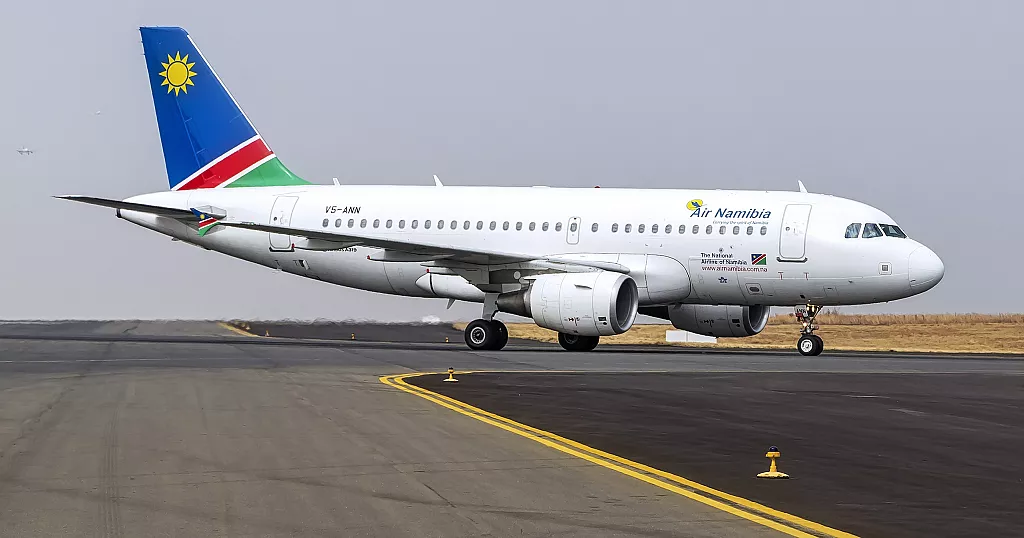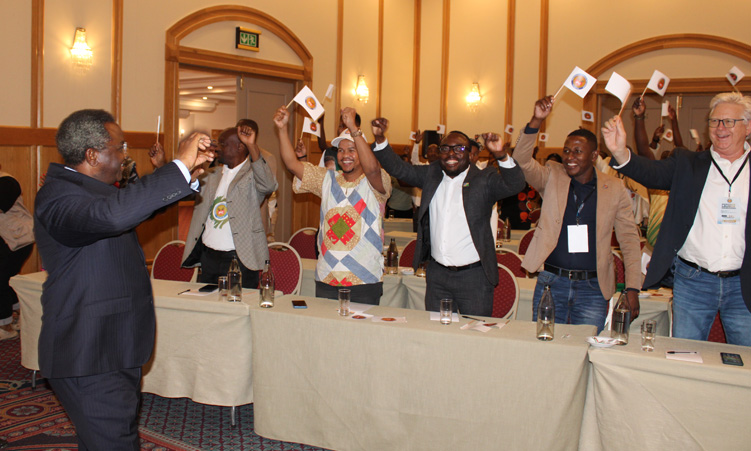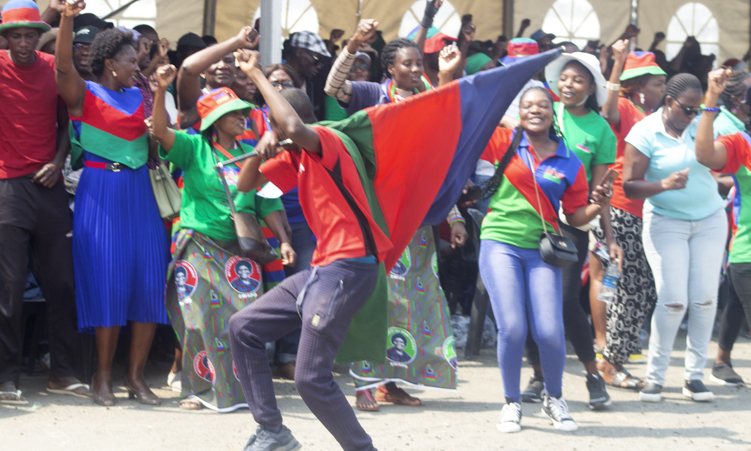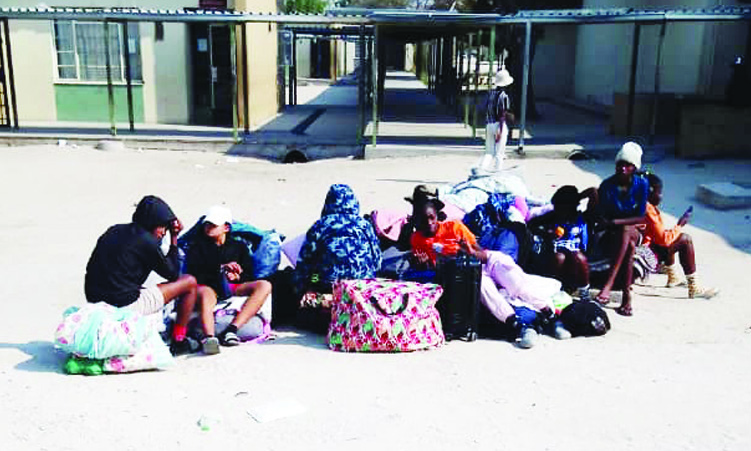NAIROBI – Africa’s biggest trade bloc plans to launch a fund to help push regional infrastructure projects and deepen economic integration ahead of a customs union planned for 2008, a senior official said yesterday.
The 20-member Common Market for Eastern and Southern Africa (Comesa) is holding its annual heads of state meeting in Djibouti this week to discuss a busy agenda on promotion of regional trade and investment. “The highlight is that they will be launching the Comesa Fund,” Comesa’s Secretary General Erastus Mwencha told Reuters in a phone interview from Nairobi before the November 15-16 meeting.The European Union has given 80 million euros for the fund while its members have pledged an initial US$10 million.Plans for such a fund have been in the pipeline since 2002, with member countries keen to have a source of financing major regional infrastructure projects and to help partners deal with reduced revenues as they slash trade tariffs.With a combined population of about 374 million and a gross domestic product (GDP) of US$203 billion, Comesa launched a free trade area (FTA) in 2000 and targets a customs union by 2008.But concerns over revenue losses and survival fears by industries over competition have slowed down the FTA, with only 13 countries joining by September 2006.Mwencha said he expected about 15 to 16 countries to join the FTA by next year as the Comesa Fund assists smaller economies to adjust to trade liberalisation.”Expanding the free trade area is not to me an urgent issue anymore, it is really to deepen and consolidate trade,” Mwencha said, adding that since 2000 total intra-COMESA trade has risen from US$2,3 billion to US$6,3 billion this year.Comesa is hoping to benefit from increased EU funding under ongoing Economic Partnership Agreement trade negotiations, and from aid-for-trade facilities from developed countries.”The EU has indicated …that they are going to give in aid-for-trade, about two billion (euros) by the year 2010.More than half of it will be for Africa,” Mwencha said.”We are saying that the vehicle for that funding will be by Comesa.”Comesa plans to approach other donors such as the Kuwaiti Fund, Japan, the Africa Development Bank and China, to support regional telecommunications, aviation and road projects.Mwencha said Comesa heads of states are expected to also provide the bloc with clear direction on how it should proceed with bilateral and global trade negotiations.Comesa has finalised a document for EPAs negotiations, a new trade arrangement with the EU scheduled to come into effect in early 2008 to replace the 2000 Cotonou deal that the EU allowed former colonies preferential exports to its market.Poor countries complain that Brussels is too focused on market access for the EU instead of development.”We are saying Europe must open their market first, that is what we call asymmetrical market access,” Mwencha said.Mwencha said he hoped suspended World Trade Organisation talks would resume to boost Africa’s share of global trade as the playing field is levelled and rich countries cut subsidies.”The talks must come back.It is in our interest and we are urging that,” Mwencha said.Unlike other regional blocs in Africa, Comesa tends to shy away from political and security matters.But Mwencha said the group had a document to be discussed on the matter.”As Comesa we have not been high profile on that item.We continue to see improvement.(But) we are worried of course by the situation in Somalia and the conflicts in the region.”Nampa-Reuters”The highlight is that they will be launching the Comesa Fund,” Comesa’s Secretary General Erastus Mwencha told Reuters in a phone interview from Nairobi before the November 15-16 meeting.The European Union has given 80 million euros for the fund while its members have pledged an initial US$10 million.Plans for such a fund have been in the pipeline since 2002, with member countries keen to have a source of financing major regional infrastructure projects and to help partners deal with reduced revenues as they slash trade tariffs.With a combined population of about 374 million and a gross domestic product (GDP) of US$203 billion, Comesa launched a free trade area (FTA) in 2000 and targets a customs union by 2008.But concerns over revenue losses and survival fears by industries over competition have slowed down the FTA, with only 13 countries joining by September 2006.Mwencha said he expected about 15 to 16 countries to join the FTA by next year as the Comesa Fund assists smaller economies to adjust to trade liberalisation.”Expanding the free trade area is not to me an urgent issue anymore, it is really to deepen and consolidate trade,” Mwencha said, adding that since 2000 total intra-COMESA trade has risen from US$2,3 billion to US$6,3 billion this year.Comesa is hoping to benefit from increased EU funding under ongoing Economic Partnership Agreement trade negotiations, and from aid-for-trade facilities from developed countries.”The EU has indicated …that they are going to give in aid-for-trade, about two billion (euros) by the year 2010.More than half of it will be for Africa,” Mwencha said.”We are saying that the vehicle for that funding will be by Comesa.”Comesa plans to approach other donors such as the Kuwaiti Fund, Japan, the Africa Development Bank and China, to support regional telecommunications, aviation and road projects.Mwencha said Comesa heads of states are expected to also provide the bloc with clear direction on how it should proceed with bilateral and global trade negotiations.Comesa has finalised a document for EPAs negotiations, a new trade arrangement with the EU scheduled to come into effect in early 2008 to replace the 2000 Cotonou deal that the EU allowed former colonies preferential exports to its market.Poor countries complain that Brussels is too focused on market access for the EU instead of development.”We are saying Europe must open their market first, that is what we call asymmetrical market access,” Mwencha said.Mwencha said he hoped suspended World Trade Organisation talks would resume to boost Africa’s share of global trade as the playing field is levelled and rich countries cut subsidies.”The talks must come back.It is in our interest and we are urging that,” Mwencha said.Unlike other regional blocs in Africa, Comesa tends to shy away from political and security matters.But Mwencha said the group had a document to be discussed on the matter.”As Comesa we have not been high profile on that item.We continue to see improvement.(But) we are worried of course by the situation in Somalia and the conflicts in the region.”Nampa-Reuters
Stay informed with The Namibian – your source for credible journalism. Get in-depth reporting and opinions for
only N$85 a month. Invest in journalism, invest in democracy –
Subscribe Now!






